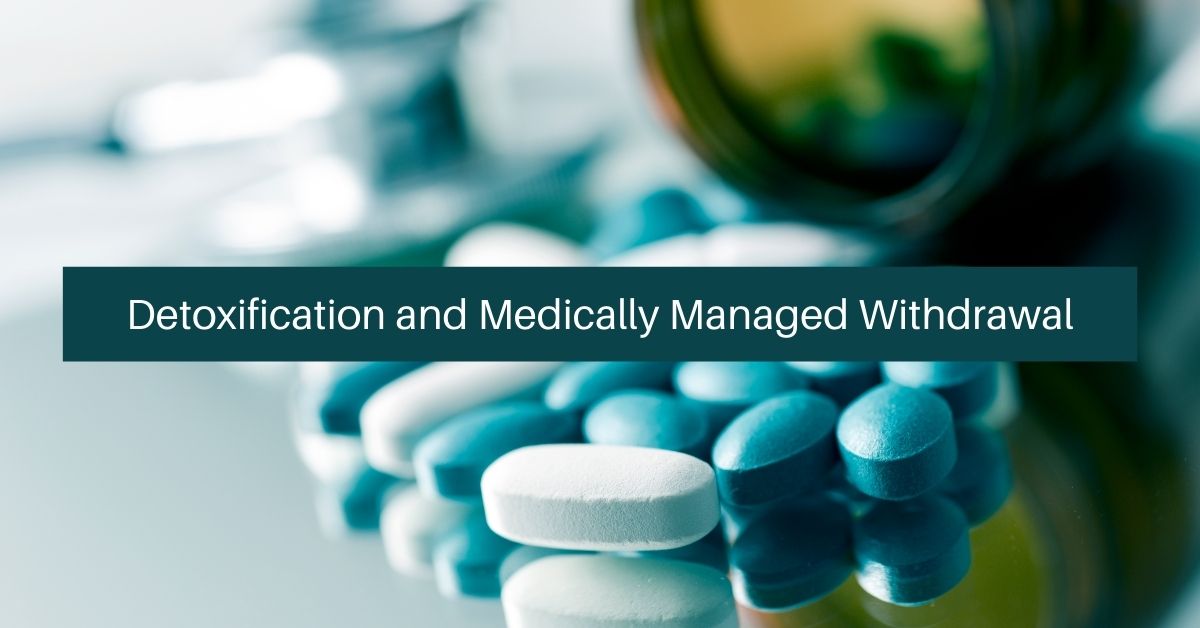Most addiction treatment starts with detoxification and medically managed withdrawal, and is often considered the first stage of treatment. Detoxification, the process by which the body clears itself of drugs, is designed to manage the acute and potentially dangerous physiological effects of stopping drug use.
As stated previously, detoxification alone does not address the psychological, social, and behavioral problems associated with addiction and therefore does not typically produce lasting behavioral changes necessary for recovery. Detoxification should thus be followed by a formal assessment and referral to drug addiction treatment.
Treatment
Drug addiction is a chronic, often relapsing illness rather than an acute illness as is obvious from its severe side effects. Side effects can vary from mental to physical and can have both medical and behavioral aspects. Addicts who suffer from addiction generally start with alcohol, illegal drugs, and prescription drugs. A comprehensive assessment of the prognosis of addiction and the procedure needed to reverse the illness cannot be complete without a complete drug history. The history may include:
- Addiction to alcohol or illegal drugs and/or an increase in use
- The development of liver failure or disease of the liver
- Substance abuse beyond the recommended dose or tolerance
- Dependency to medications to avoid a recreational opiate use once withdrawal is identified
- Abuse of alcohol and illegal drugs at an early age
- Aspiration/breathing difficulties, etc.

A prior detoxification has been described as someone who has entered treatment and become completely clean before, or someone who has successfully ceased drug use for a minimum of 30 days. The patient who once adopted an alcohol, illegal drug, or prescription drug regime (in this case heroin) and has established and maintained abstinence for one or more months or more is a prime candidate for “start up” drug treatment.
This treatment is a detoxification as the name implies and the patient will be provided with medications and therapies to manage their withdrawals. Detoxification sessions also go hand in hand with drug therapy sessions including abstinence counseling, psychotherapy, education, and/or physical exercises. Normally detoxification is a combination of more than one process and therapy at a time, but it may be the only comprehensive strategy to effectively confront serious addictions and to bolster the recovery process.
Drug addiction, be it alcohol, drugs, or prescription medications, is treated through a step-by-step process, combining behavioral skills with medically managed withdrawal. Often, medication is also used in the process as a part of the overall treatment. Normally the person is detoxified only once.

Detoxification treatments can vary greatly, often dependent on the length of response and severity of underlying diseases. The frequency, duration, approach, length of drug therapy, and clinical requirements of each kind of drug are incorporated and may vary. The path to sobriety and maintaining it varies, depending on what was taken. An initial detoxification may be followed by a longer than usual drug therapy, and/or abstinence process that enables patients to proceed to their formal drug treatment process in the most efficient way possible.
The drug therapy is a combination of structured and non-structured drug therapy, education on adverse effects of the drug use, and most of all, treatment with the most important focus of aversion and prevention. Each person’s subsequent drug therapy should be related in some way to the most immediate adverse effects, or the greatest hope of beneficial responses.
The drug therapy process should progress in such a way that the patient’s level of dependence on the drug is reduced, improved, or eliminated. A clear support system is a much needed part of recovery process, as it may be hard at times to continue withdrawal. Alcohol drug addicts may require detoxification and may use certain types of alcohol, but alcohol abuse should not be used as an excuse for continued abuse of the drug.
Drug addiction, not curing it, is the key to most, if not all, of the drug treatment durations and lengths of time. The ultimate goal of drug treatment shouldn’t be permanent abstinence, but rather the elimination of the pattern of binging. Most drug treatment and recovery facilities are committed to curing addiction rather than treating it once and for all.
This is usually associated with an attempt to maximize the effects of the drug. Studies continue to result in new clinical developments that are showing these theories to be incorrect and ineffective. Treatment solves the problems associated with drug use, but the problems of underlying causes should always be addressed.

Underestimating, urbanization, or misapplication of drug treatment may result in abuse and addiction for the patient, or cause long-term effects and dependency on the drug for future patients. The goal of drug treatment is to maximize the drug use for the amount of time necessary to achieve treatment goals.
The recommended dosages range from 4 to 8 grains per day for a female patient between the ages of 17 and 21, and from 4 to 8 grains per day for a male patient in the same age bracket. Healthful dietary choices, exercise, relaxation, and family assistance, can also help to ensure the safety of patients during recovery.

